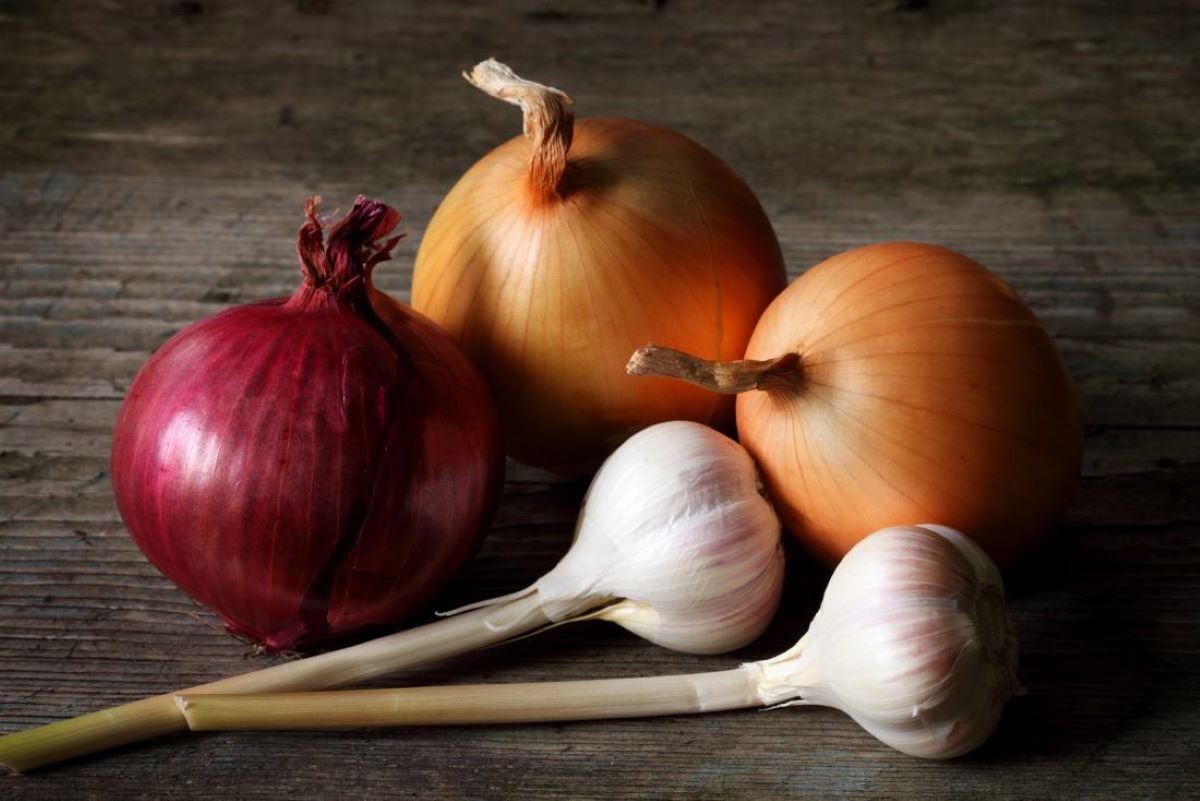

Articles
How To Store Garlic And Onions
Modified: January 5, 2024
Discover the best methods for storing garlic and onions in this informative articles. Keep your produce fresh and flavorful for longer periods.
(Many of the links in this article redirect to a specific reviewed product. Your purchase of these products through affiliate links helps to generate commission for Storables.com, at no extra cost. Learn more)
Introduction
Garlic and onions are two essential ingredients in many culinary dishes, providing flavor and depth to a variety of recipes. Whether you have a surplus of freshly harvested garlic and onions from your garden or bought them in bulk, proper storage is crucial to ensure their longevity and maintain their quality.
In this article, we will explore the best methods for storing garlic and onions, helping you prolong their shelf life and preserve their taste and aroma. From ideal storage conditions to helpful tips and tricks, we’ve got you covered.
Proper storage not only prevents spoilage but can also help prevent cross-contamination and odors that can affect other foods. So, let’s dive into the world of garlic and onions and learn how to store them effectively.
Key Takeaways:
- Preserve the Flavor: Store garlic and onions in a cool, dry place away from moisture and sunlight. Use specialized containers and avoid refrigeration to extend their shelf life and maintain their optimal flavor for culinary delights.
- Maximize Freshness: Follow storage guidelines for garlic and onions, including using high-quality bulbs, avoiding plastic bags, and considering freezing for long-term storage. Keep them separate, check for spoilage, and enjoy their vibrant flavors in your dishes.
Read more: How To Store Onions
Storing Garlic
Garlic bulbs are known for their pungent aroma and distinctive flavor. To ensure that your garlic stays fresh and flavorful for as long as possible, follow these storage guidelines:
- Cool and Dry: Garlic should be stored in a cool, dry place. Avoid areas with high humidity, as this can cause the garlic to sprout or rot. A pantry or cellar with good ventilation is an ideal storage location.
- Avoid Moisture Exposure: Moisture can lead to decay and mold growth. Keep garlic away from water sources and damp environments. Be sure to remove any dirt or moisture from the bulbs before storing them.
- Leave Intact: Store garlic bulbs with their papery outer skin intact. Removing the skin can cause the cloves to dry out and become less flavorful.
- Avoid Direct Sunlight: Garlic bulbs should be stored away from direct sunlight. Exposure to light can cause the garlic to sprout prematurely and impact its flavor.
- Avoid Refrigeration: While it may seem tempting to store garlic in the refrigerator, this can lead to the garlic becoming soft and rubbery. The cold, damp environment of the refrigerator can also promote mold growth. It is best to store garlic at room temperature.
- Consider a Garlic Keeper: A garlic keeper is a specialized container designed to provide the optimal storage conditions for garlic. These containers have vents or holes that allow for proper airflow, helping to keep the garlic fresh for longer.
By following these storage tips, you can extend the shelf life of your garlic and ensure that it remains flavorful and ready to use in your favorite dishes.
Storing Onions
Onions are a versatile ingredient that adds depth and flavor to countless recipes. To keep your onions fresh and delicious, it is important to store them properly. Here are some tips for storing onions:
- Cool and Dry: Like garlic, onions prefer a cool and dry storage environment. They should be kept in a well-ventilated area away from direct sunlight. A pantry or cellar is an ideal location.
- Avoid Moisture: Moisture can cause onions to spoil quickly. It is important to store onions in a dry location and remove any excess moisture from the outer layers before storing.
- Away from Potatoes: Potatoes release moisture and gases that can cause onions to spoil faster. Store onions separately from potatoes to prevent spoilage and avoid mixing flavors.
- Keep Them Separated: Onions have a strong odor and can absorb the flavors of other foods. To avoid cross-contamination, store onions away from other fruits and vegetables.
- Avoid the Fridge: Onions do not fare well in the refrigerator. The cold temperature and humidity can cause them to become soft and lose their crisp texture. It is best to store onions at room temperature.
- Try Onion Bags: Onion bags are mesh bags specifically designed for onion storage. These bags allow for proper air circulation, helping to prevent moisture build-up and keep the onions fresh.
- Separate Sprouting Onions: If you notice an onion starting to sprout, it is best to use it as soon as possible. Sprouting onions have a shorter shelf life and may not store well for extended periods.
By following these storage tips, you can extend the shelf life of your onions and ensure that they remain fresh and flavorful for your cooking adventures.
Store garlic and onions in a cool, dry, well-ventilated place. Keep them in a mesh bag or open container to allow air circulation and prevent moisture buildup, which can cause them to spoil. Avoid storing them in the refrigerator, as the moisture can cause them to sprout.
Tips for Proper Storage
When it comes to storing garlic and onions, there are a few general tips that apply to both. Follow these guidelines to ensure the best storage conditions:
- Select High-Quality Bulbs: Start with fresh, high-quality garlic bulbs and onions. Look for bulbs that are firm, free of blemishes, and have intact skins. Quality bulbs will have a longer shelf life and better flavor.
- Avoid Plastic Bags: Plastic bags can trap moisture and promote decay. Instead, use perforated paper bags or breathable containers that allow for proper air circulation.
- Keep Separate: Garlic and onions have strong odors that can transfer to other foods. Keep them separated from other produce to avoid flavor contamination.
- Regularly Check for Spoilage: Periodically inspect your stored garlic and onions for any signs of spoilage, such as mold, soft spots, or sprouting. Remove any damaged bulbs to prevent the spread of deterioration.
- Avoid Chopping in Advance: To maintain optimal flavor and quality, it is best to chop garlic and onions just before using them in recipes. Pre-chopped or minced garlic and onions have a shorter shelf life.
- Consider Freezing: If you have an abundance of garlic or onions, consider freezing them. Peel and chop the garlic or onions, place them in an airtight container or freezer bag, and store them in the freezer for later use. Note that the texture may change slightly, but the flavor will remain intact.
- Rotate Stock: To prevent any bulbs from going to waste, use the principle of “first in, first out.” It means consuming the oldest garlic and onions first before using the fresher ones.
By following these tips, you can maximize the shelf life of your garlic and onions and ensure that they retain their optimal flavor and quality.
Conclusion
Proper storage is key to preserving the freshness and flavor of garlic and onions. By following the guidelines outlined in this article, you can extend the shelf life of these essential ingredients and ensure that they are always ready to enhance your culinary creations.
Remember to store garlic and onions in a cool, dry place, away from moisture, sunlight, and strong odors. Avoid refrigeration and use specialized storage containers like garlic keepers and onion bags to promote air circulation and prevent spoilage.
Regularly check for any signs of spoilage and remove any damaged bulbs promptly. Additionally, consider freezing excess garlic and onions for long-term storage.
By applying these tips and maintaining optimal storage conditions, you can enjoy the full flavor and benefits of garlic and onions in your cooking for an extended period.
So, make the most of your garlic and onions by implementing these storage practices and elevate the taste of your dishes with the vibrant flavors they bring.
Frequently Asked Questions about How To Store Garlic And Onions
Was this page helpful?
At Storables.com, we guarantee accurate and reliable information. Our content, validated by Expert Board Contributors, is crafted following stringent Editorial Policies. We're committed to providing you with well-researched, expert-backed insights for all your informational needs.
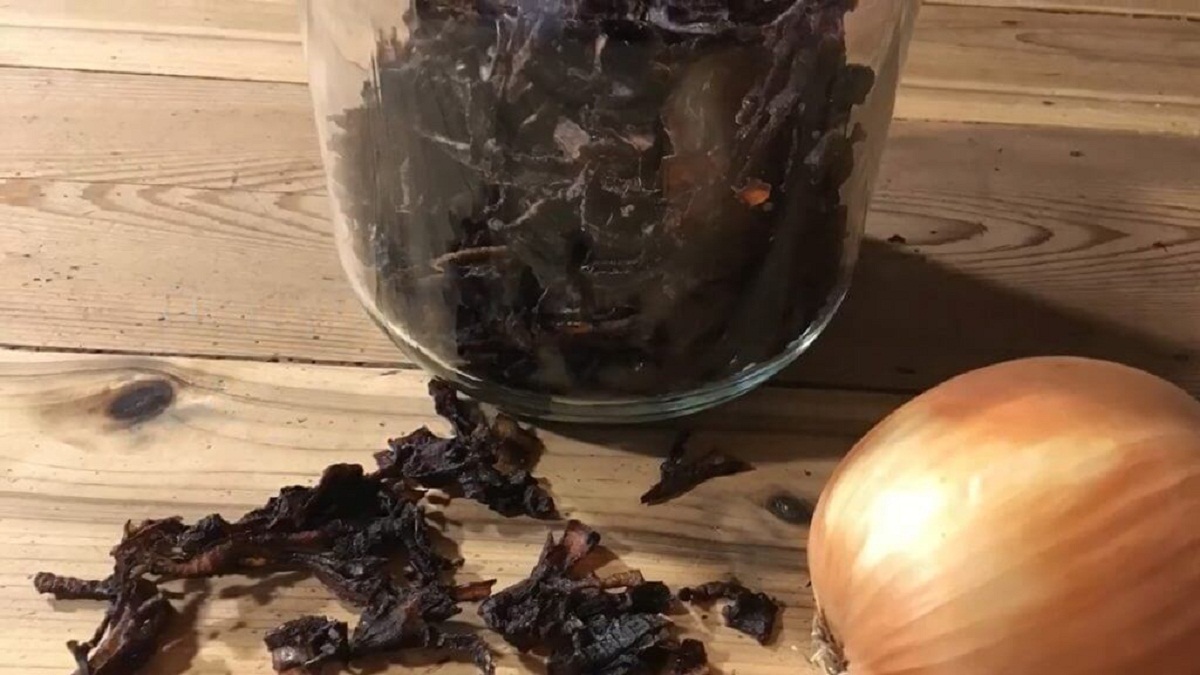
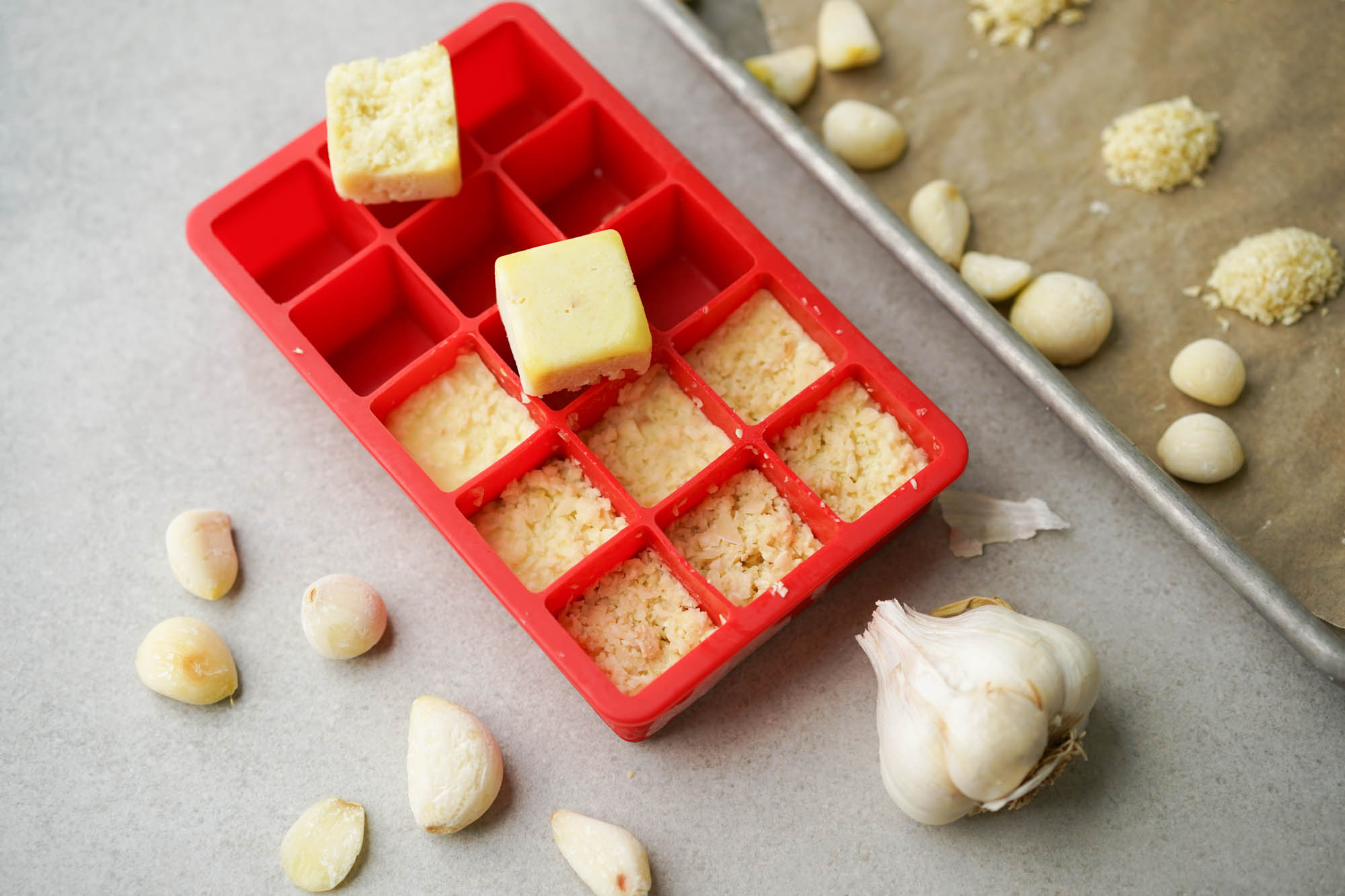
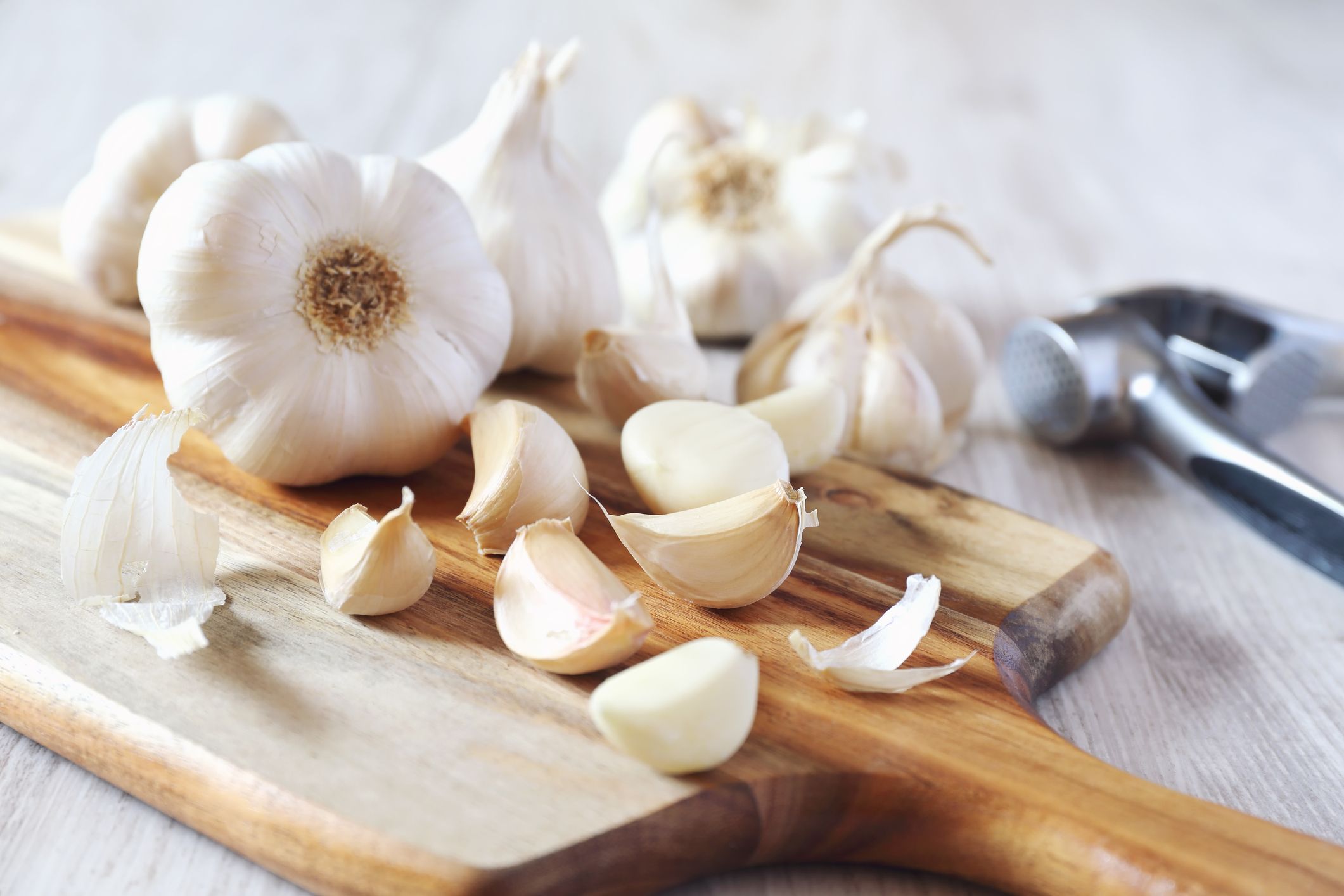
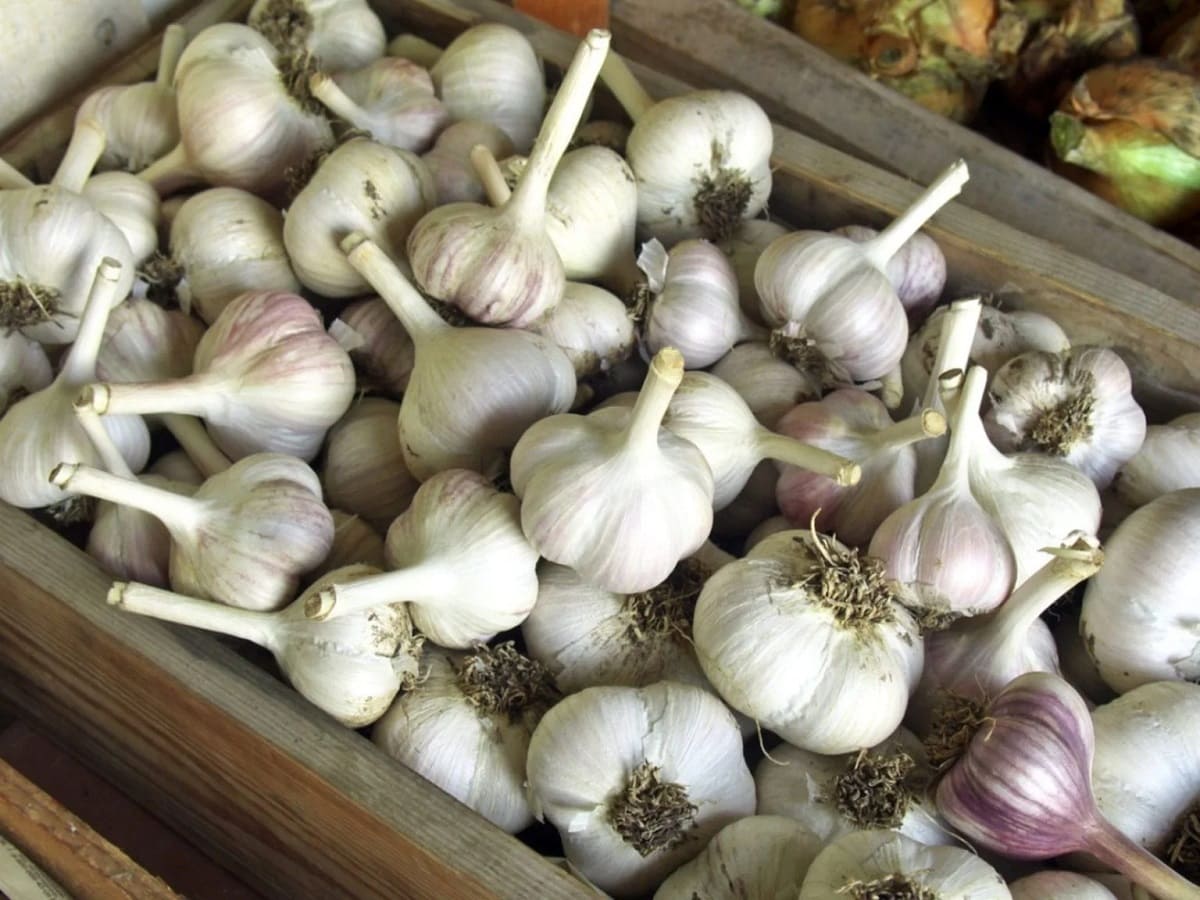
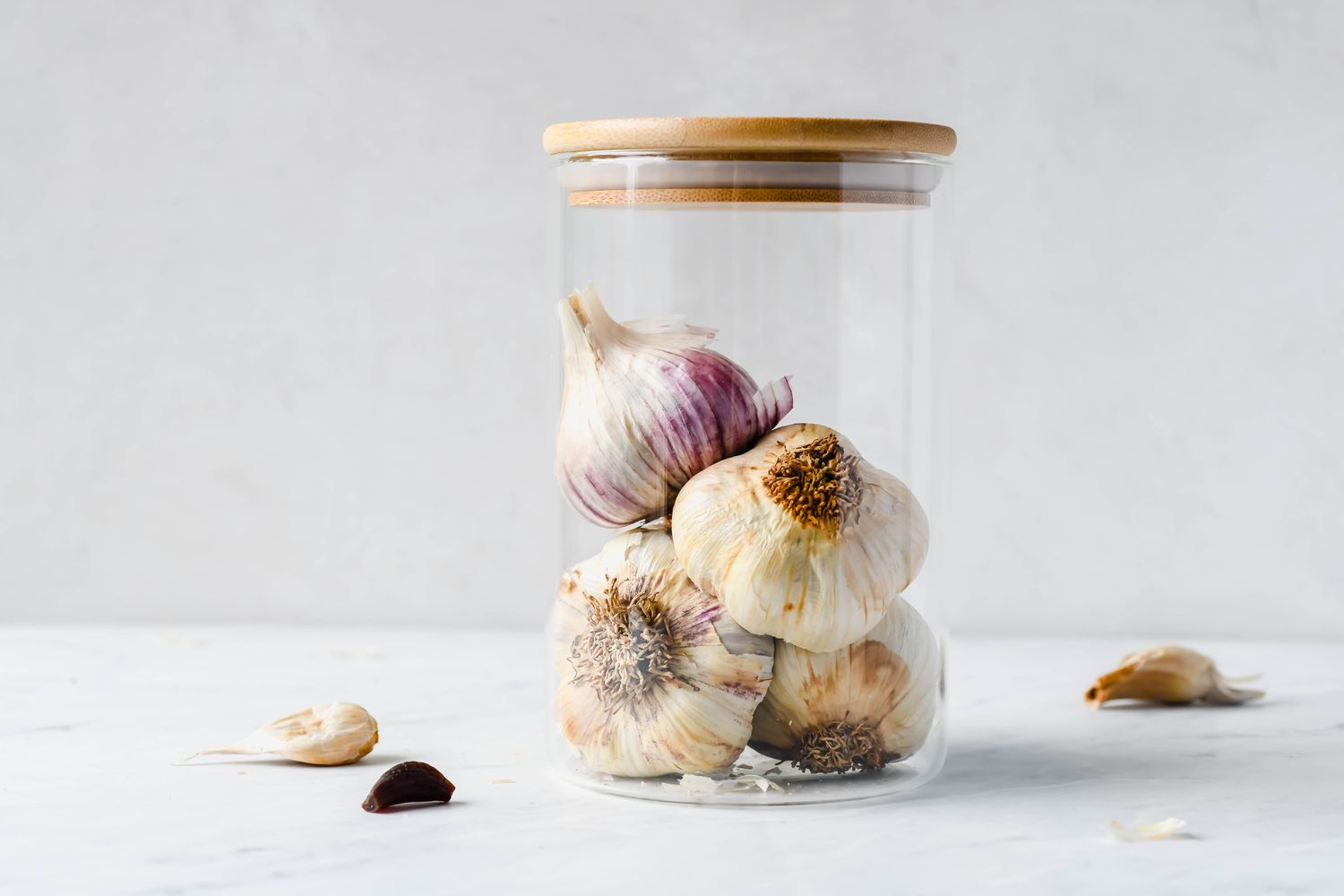
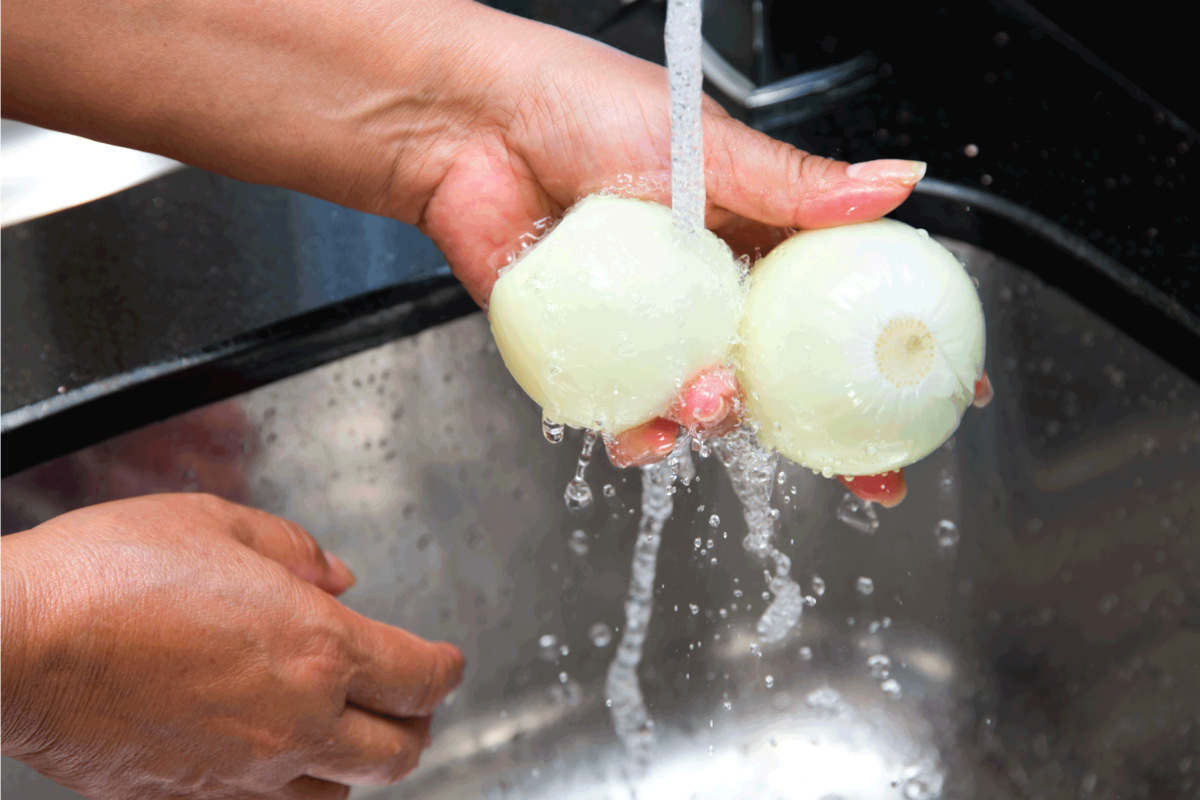
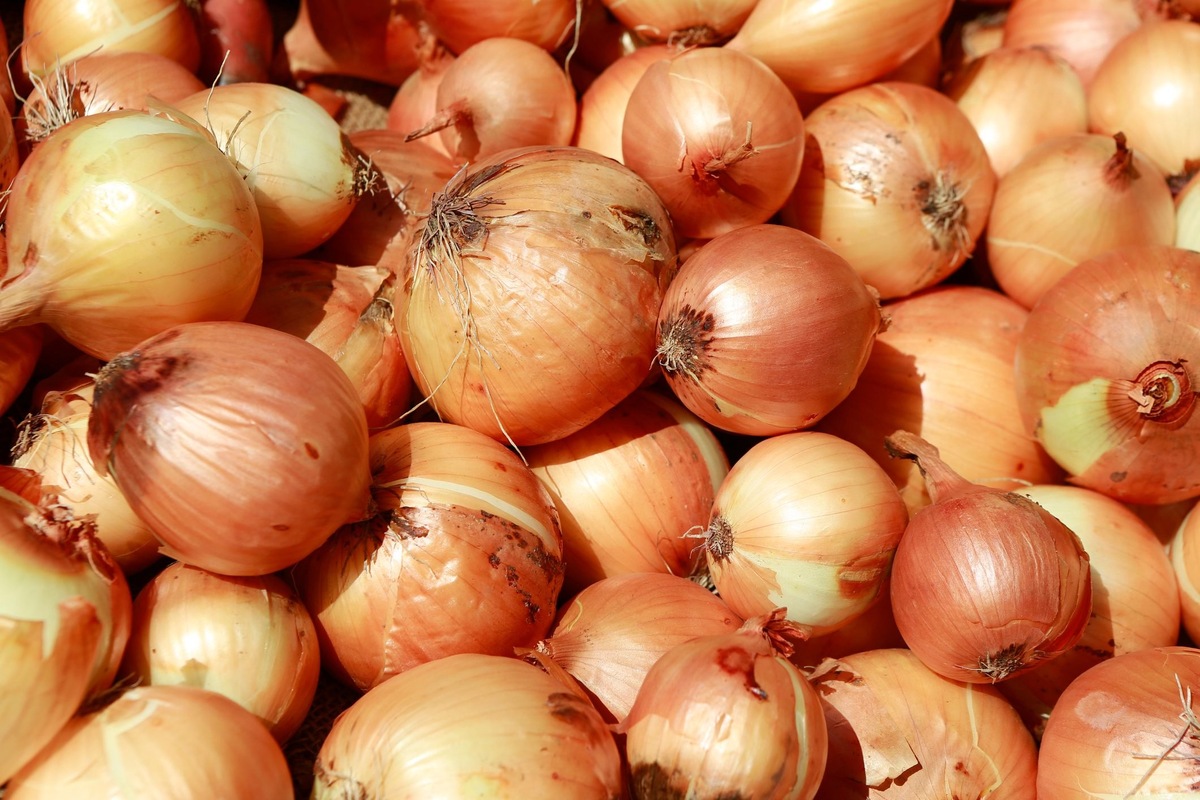
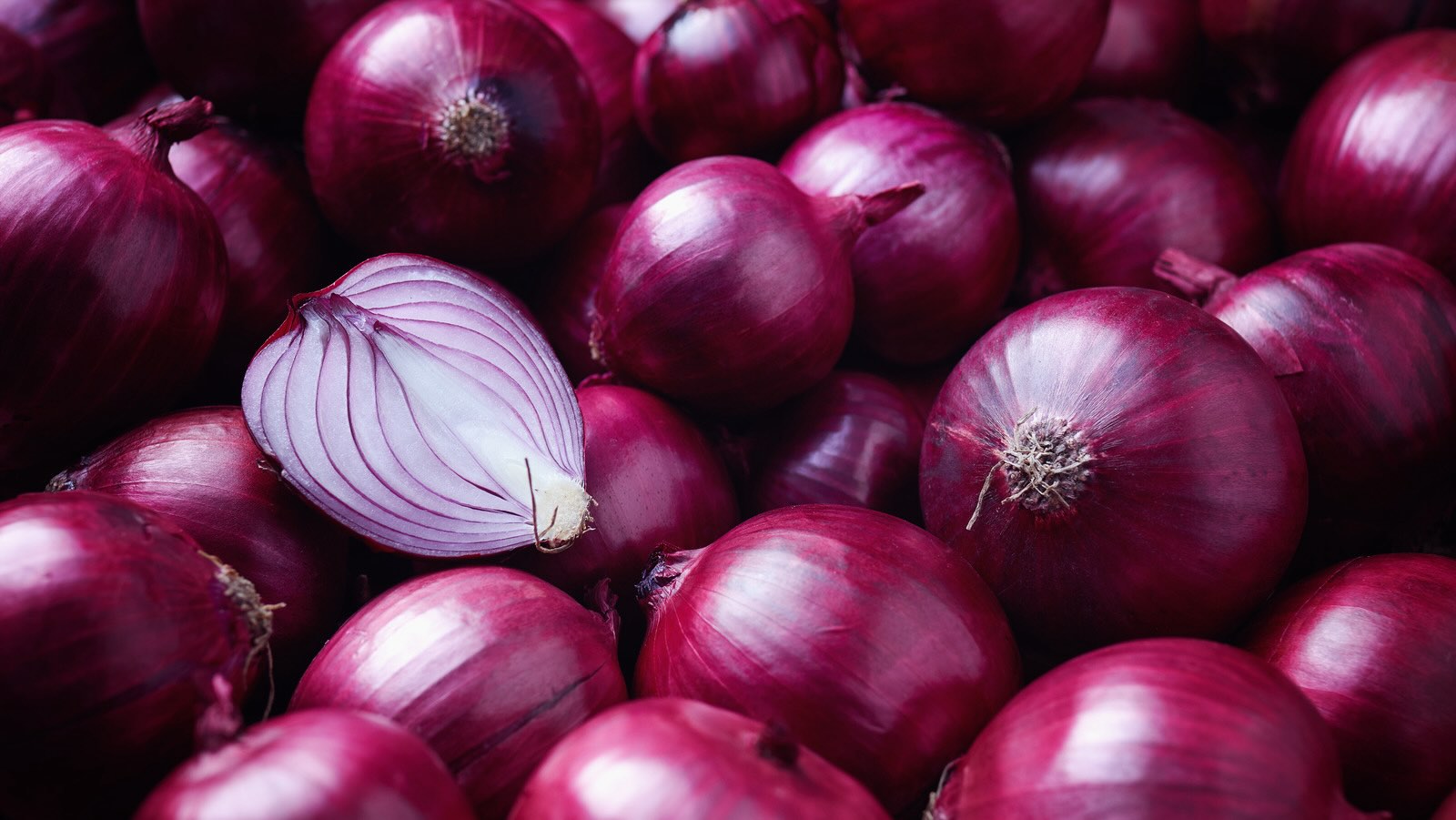
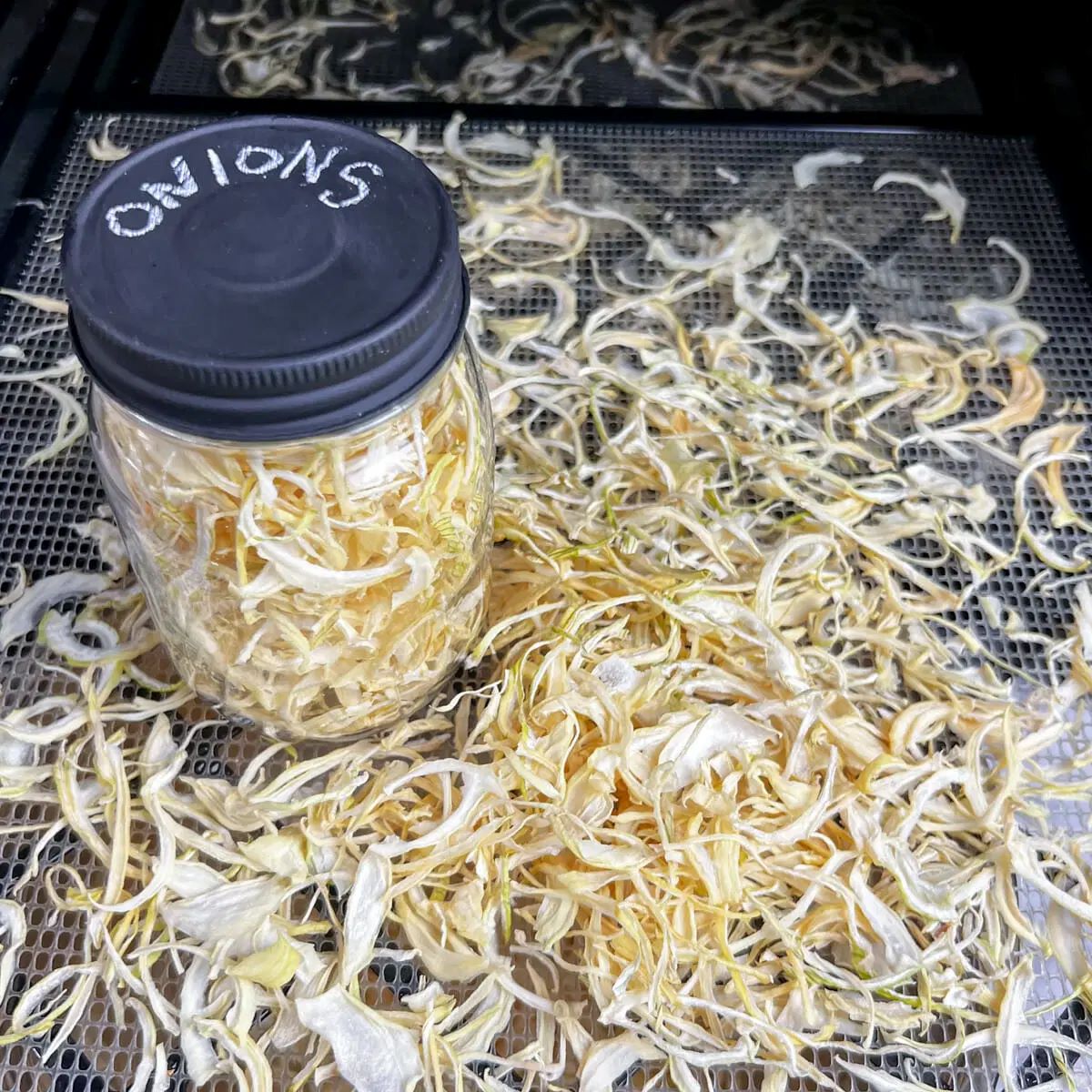
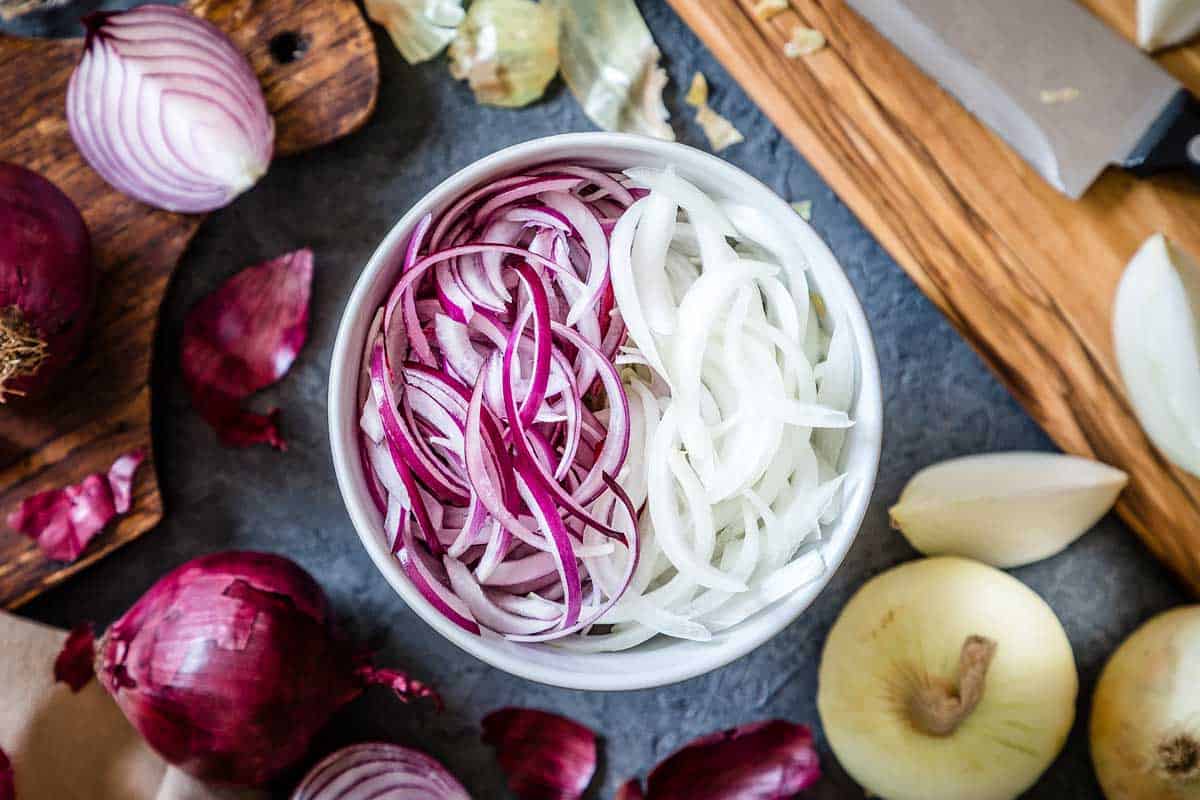
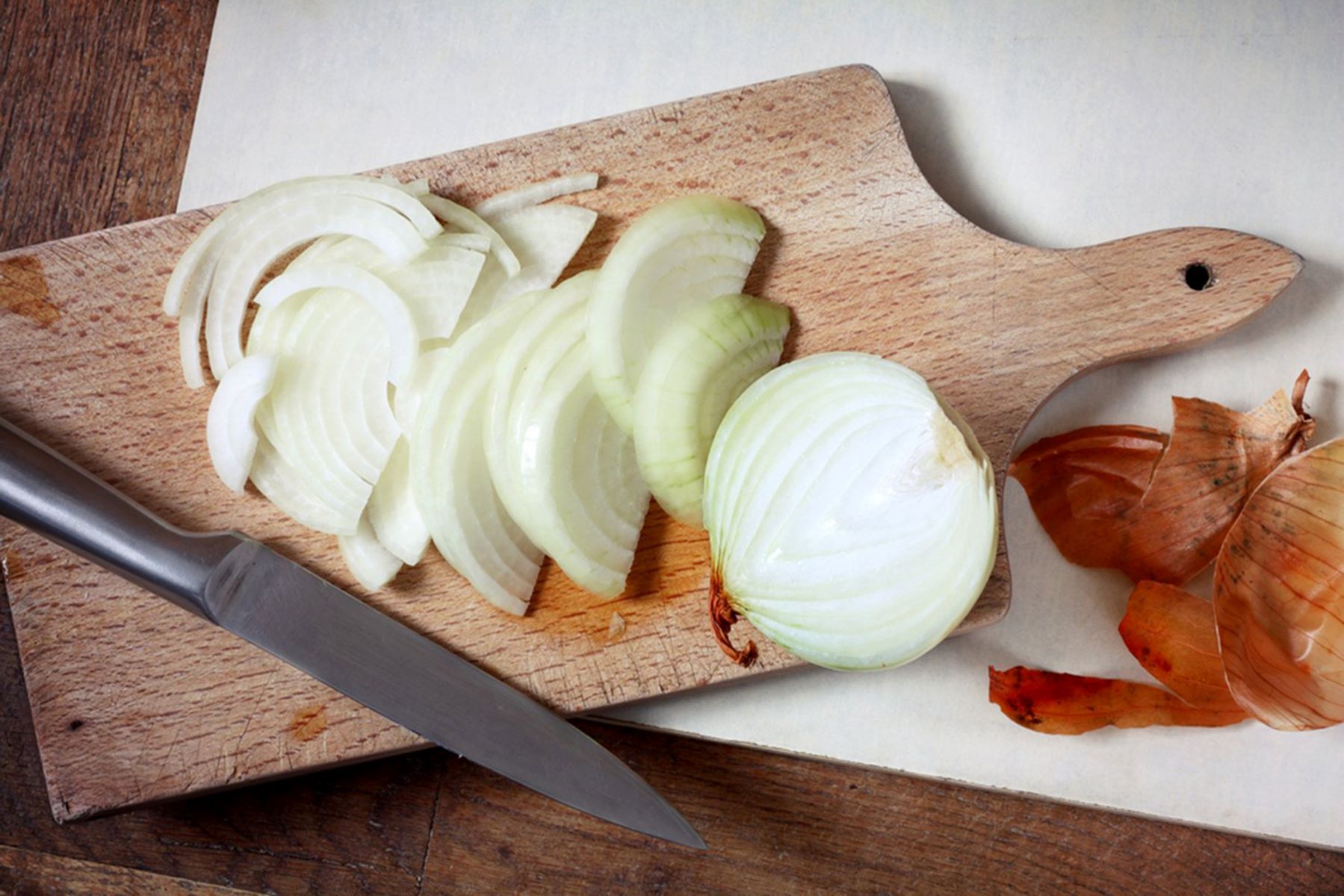
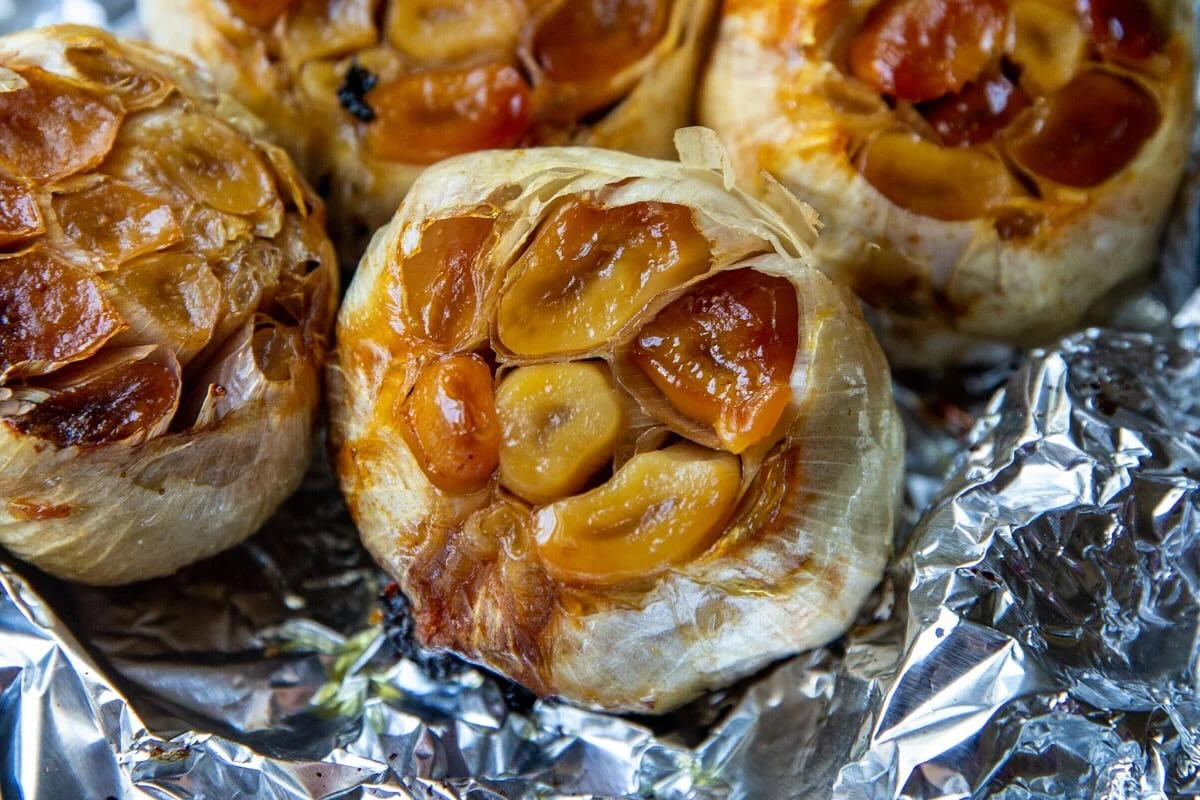
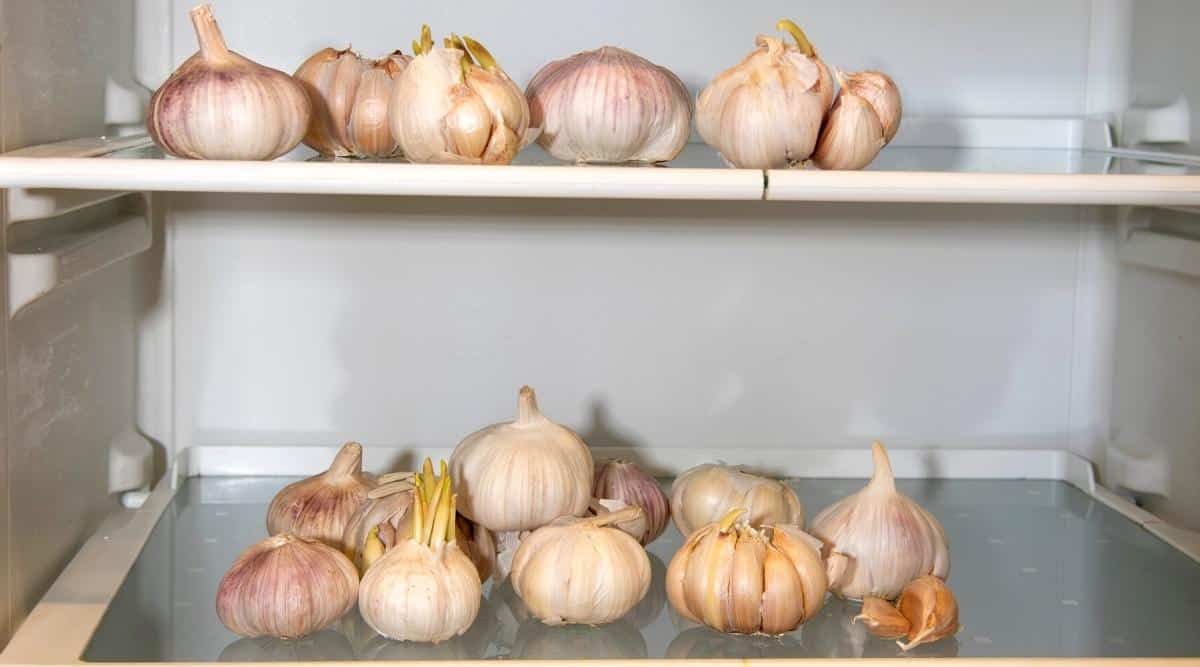
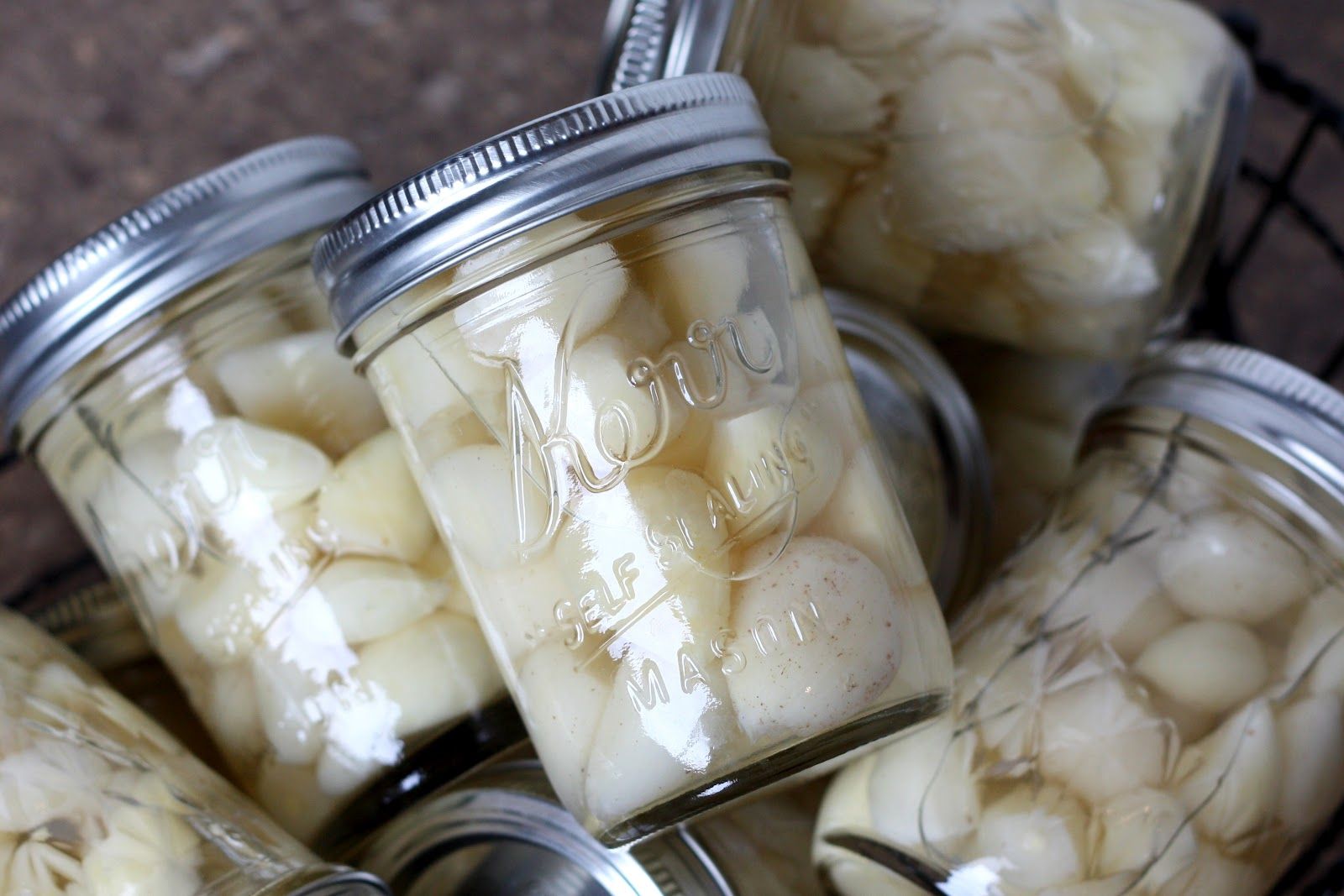
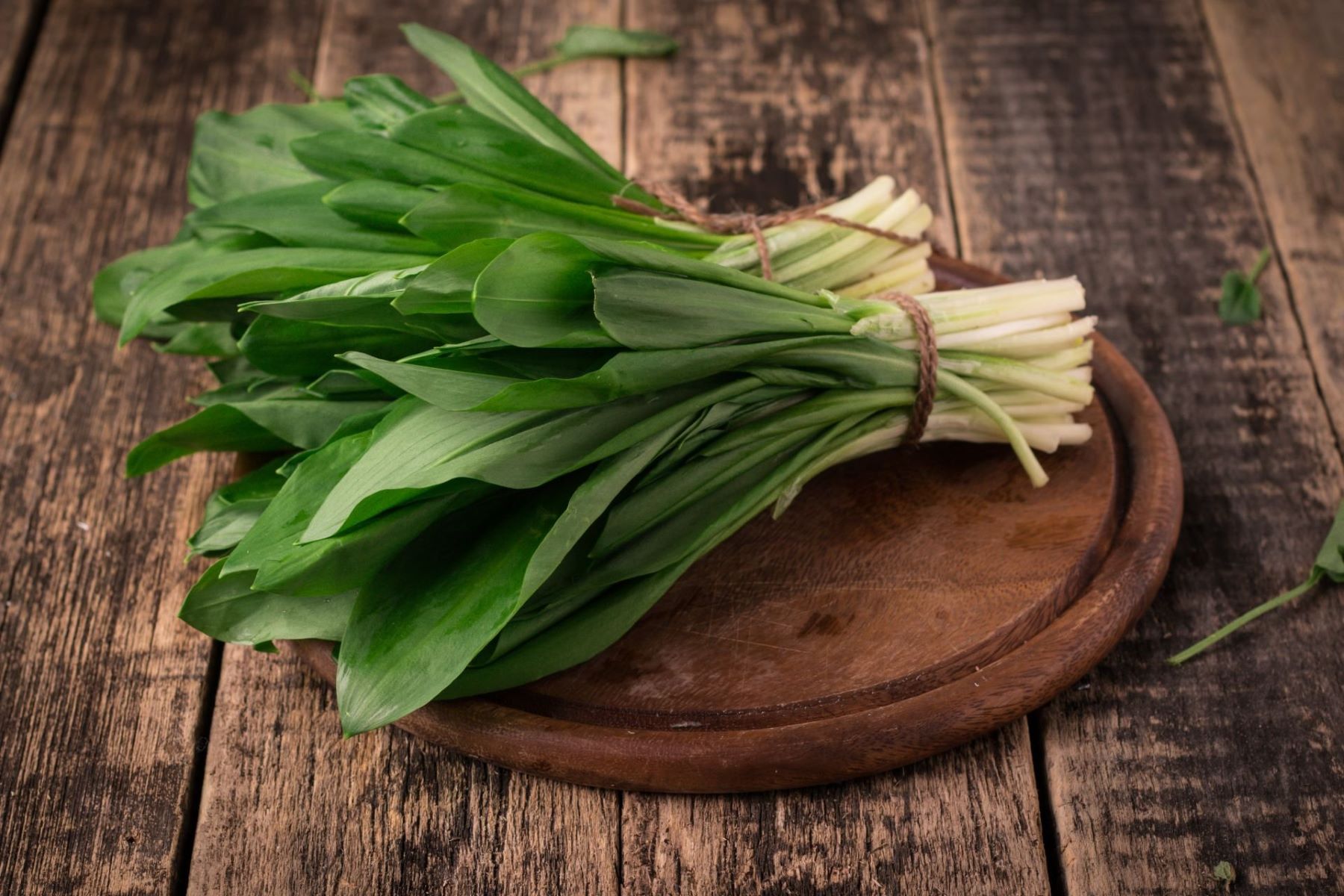

0 thoughts on “How To Store Garlic And Onions”